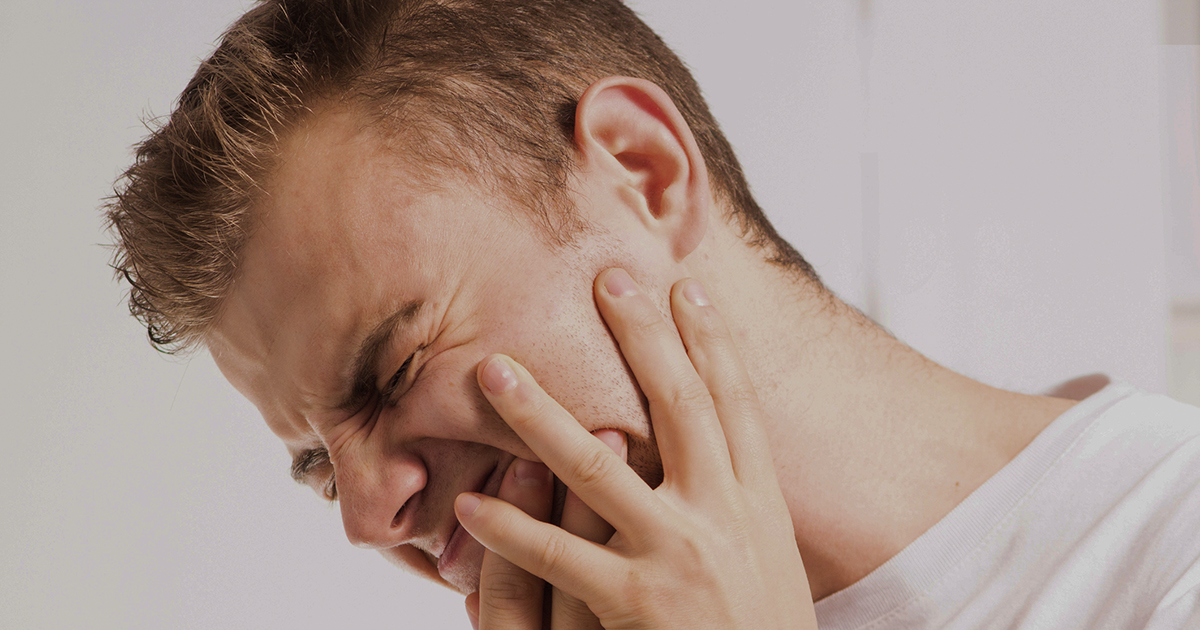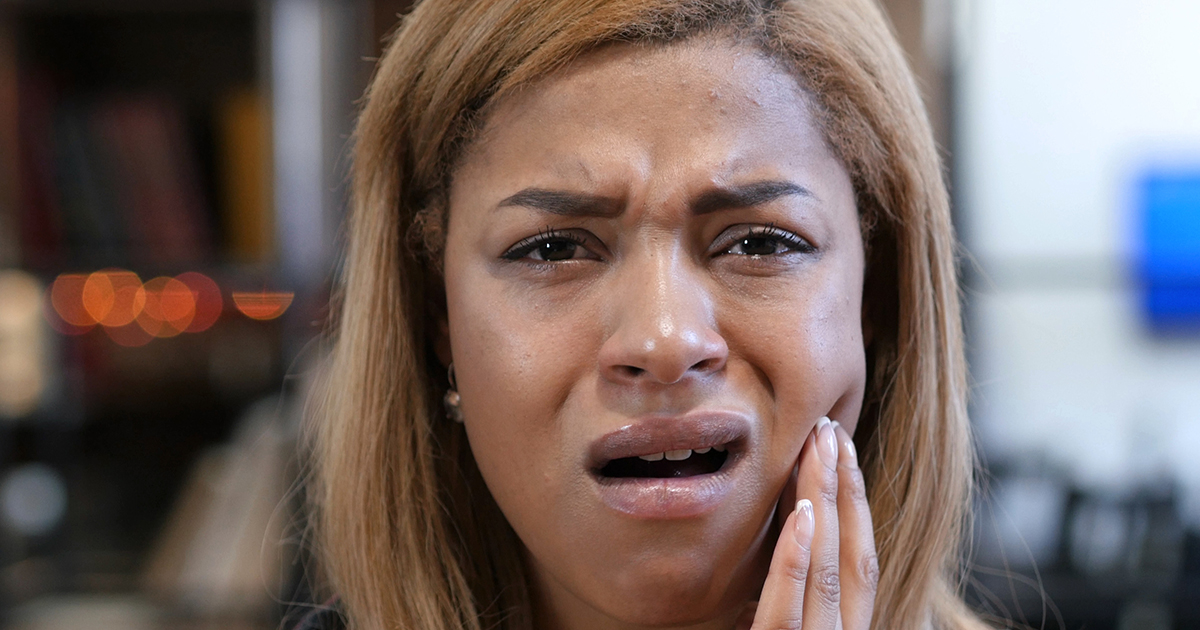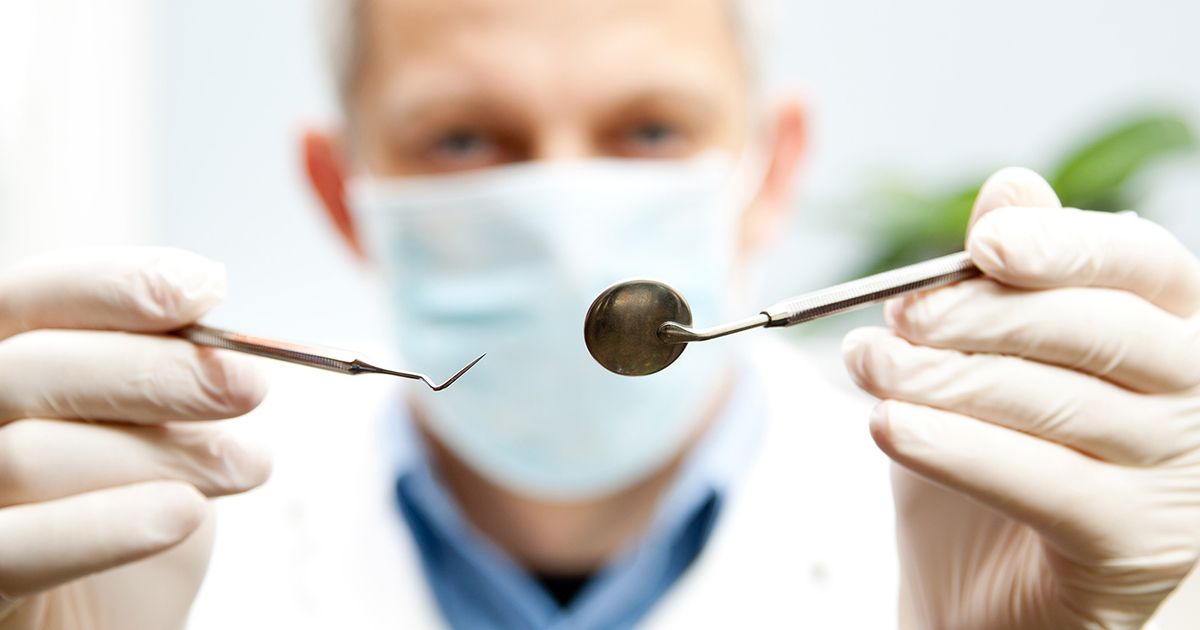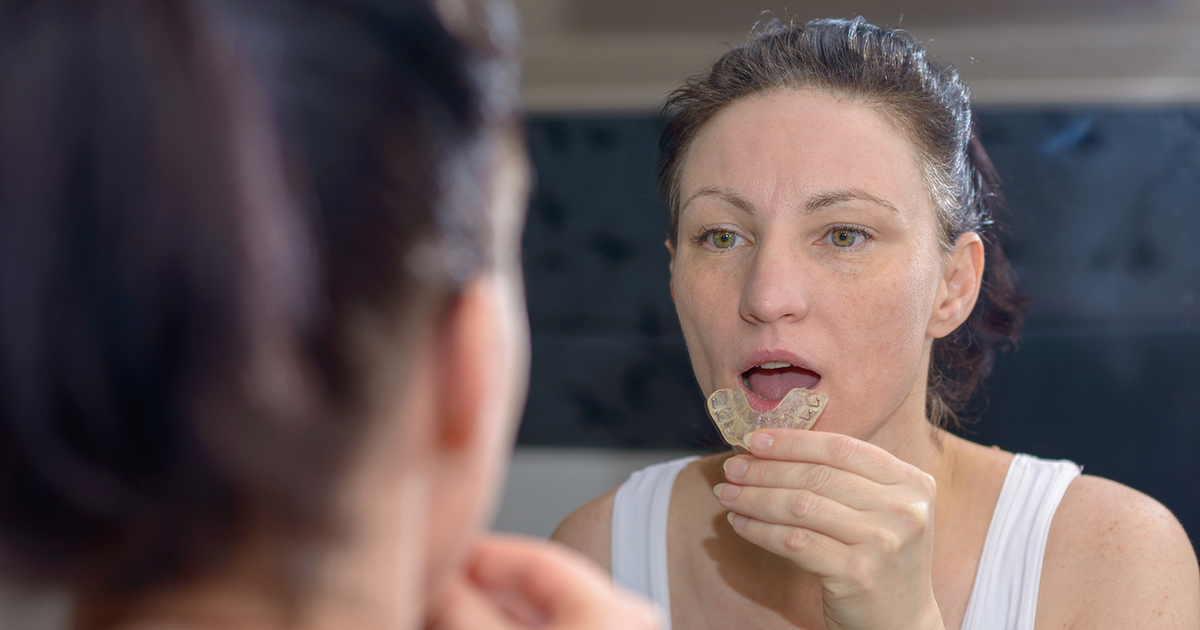Causes Of Trismus
Trismus, sometimes referred to as lockjaw, is the result of swollen chewing muscles in and around the jaw bone. These muscles become inflamed as well as swollen, and the muscles then contract. When this contracture occurs, severe pain and muscle spasms also happen. Also, the jaw can’t work correctly, and an individual with trismus only can open their mouth a little bit. Trismus patients have trouble eating and swallowing. They may also have problems speaking and cleaning their teeth properly. Trismus treatments often include physical therapy, dietary changes, and medication for pain.
Causes of trismus are quite varied and it is important to understand them for more accurate and successful treatment methods.
Trauma To The Jaw

A dislocated or broken jaw often means the joint that connects the jaw to the skull becomes disconnected. This joint is called the temporomandibular joint and it can become unhinged or dislocated as well as broken due to accidents and other traumatic injuries. Broken and unhinged jaws need immediate medical treatment for the patient to be able to breathe and eat properly. Sports injuries, physical assault, work-related accidents, falls, and vehicle accidents remain the primary sources of trauma to the jaw. A dislocated jaw has symptoms such as the teeth not meshing, problems eating or speaking, or the teeth may jut out unusually. A broken jaw causes a change in the way the face looks, bruising, a lumpy look, and even loose or lost teeth. Because an injury causes a problem with the way the jaw joint works, a person with an injured jaw might experience trismus too.
Learn about more causes of trismus now.
Temporomandibular Joint Disorder

The temporomandibular joint works like a hinge connecting the jaw to an individual's skull. It also makes it possible for an individual to open and close their mouth. Crooked teeth and an incorrect bite, or alignment of teeth, also causes temporomandibular joint disorder, resulting in pain, swelling, and trismus. An individual may have this condition due to trauma, arthritis, genetics and grinding the teeth. Patients with this disorder have pain around their ears, in their jaws, and up and down their necks. A person with temporomandibular joint disorder will also have problems opening and closing their mouth. The muscles around this joint become inflamed or damaged and can cause trismus at that point. Some of these painful muscle symptoms can be managed at home with nonsteroidal anti-inflammatory medications and warm packs applied to the affected areas. But if symptoms worsen or occur more often, medical assistance is required to help relieve jaw pain.
Get to know more causes of trismus now.
Oral Surgery

Oral surgery remains one of the primary causes of trismus and might occur after any kind of oral surgery. A dental patient sometimes has sore, cramping jaws after wisdom teeth extractions. This surgery and the fact the mouth needs to remain wide open for a long time irritates the temporomandibular joint. Once hurt, inflammation of the joint occurs due to the surgery itself or due to the mouth being hyperextended. An injection of anesthetic into and around the temporomandibular joint also may cause damage to the muscles around that joint. An individual with trismus after surgery can take a nonsteroidal anti-inflammatory medication or use hot and cold packs to reduce swelling and relieve muscle tightness.
Continue reading for more information on what causes trismus now.
Head And Throat Cancer Radiation

The Oral Cancer Foundation states between ten and forty percent of patients who receive head and throat cancer radiation therapy experience trismus during their treatment. Trismus happens most frequently in individuals who receive radiation therapy for cancer of the jaw. This specific treatment causes damage and scar tissue around the jaw joint, making it more susceptible to pain in the jaw. During radiation, the muscles in the temporomandibular joint, masseter muscles, and pterygoid muscles become affected. All three of these muscles are required to chew comfortably and thoroughly chew food. Radiation of the jaw causes fibrosis of the chewing muscles, which is somewhat like having scar tissue in this area. This tissue causes problems with the way the mouth opens and also causes trismus.
Get familiar with more trismus causes now.
Habitual Clenching And Grinding

The technical term for tooth grinding is bruxism. Individuals with bruxism unconsciously grind or clench their teeth, both when awake and asleep. If an individual routinely grinds their teeth, they may experience such symptoms as headaches, arthritis in the jaw, and other jaw problems, damaged teeth, and headaches. Another one of the most painful results of grinding the teeth is trismus. Someone who grinds their teeth may even wake up their sleeping partners because of the noise they make while doing so. Routine appointments with the dentist for a checkup may indicate an individuals grinds their teeth if their teeth are chipped, loose, or have become flatter. Also, the habitual clenching and grinding of the teeth wears the enamel off of an individual’s teeth as well as causing pain in the jaws, head, and neck. Dental work such as crowns may be damaged or broken as a result of regular clenching and grinding of teeth.